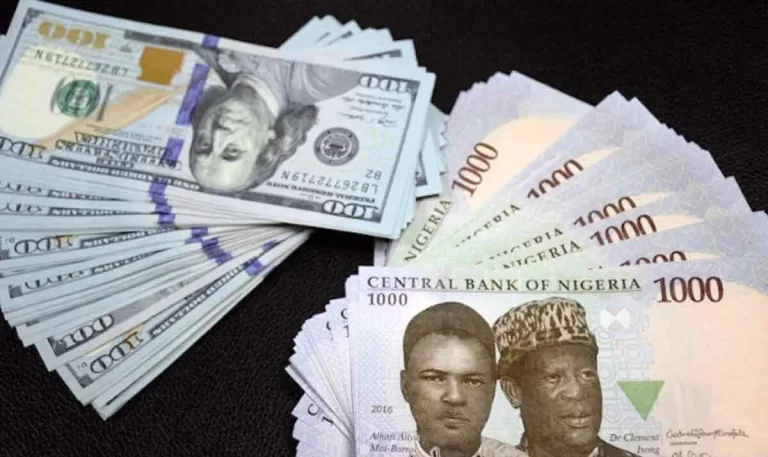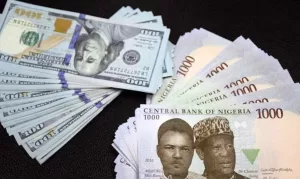
The need to stabilise the Naira and reduce the exchange rate gap between the black and official markets has been emphasised again.

The rate at which the Naira exchanges against the dollar is not as important as the stability of the Naira at official and parallel markets.
Those were the words of a former Governor of the Central Bank of Nigeria (CBN), Muhammadu Sanusi II.
He spoke at the 7th Financial Markets Dealers Association of Nigeria (FMDA) Annual Conference in Lagos.
Sanusi urged the Apex Bank to pay more attention to achieving exchange rate stability for the growth and development of the economy.
Have You Read: Nigeria’s Forex Reserve Sheds $1.65bn
The former Emir of Kano spoke on the theme: “Impact of Forex Policies in the Nigerian Economy”.
CBN Must Stabilise Exchange Rate
He added that the primary task of the CBN was to provide exchange rate stability, not growth, but it should create an enabling environment for growth.
“There is nothing we are facing today, that was not foreseen.
“Exchange rates should be predictable.
“The rate at which the naira exchanges to a dollar is irrelevant, what is key is the stability of the exchange rate,” Sanusi said.
Sanusi said although the CBN does not generate dollars, it should create an environment that attracts dollar investment.
Also, the former CBN governor said the Naira exchange rate should not be left entirely to market forces to determine.
Reduce Gap Between Black And Official Market
He advised the CBN team to keep the Naira around ₦850/$.
Also, he emphasised the need to reduce the gap between the official and black-market rates.
Another former CBN Deputy Governor of Operations, Tunde Lemo, said the financial system was sound but required close monitoring.
“We should support the planned recapitalisation of banks by the Central Bank of Nigeria, but one cap fits all is not correct.
You May Also Like: Nigeria Records ₦3.5trn Trade Surplus In 9 Months -NBS
“Banks should be recapitalised based on the risks they want to take,” he advised.
Lemo said the recent foreign exchange reform, which paved the way for a fully liberalised FX market, was laudable.
But more efforts must be directed towards reducing the rate of Naira depreciation and inflation pass-through.